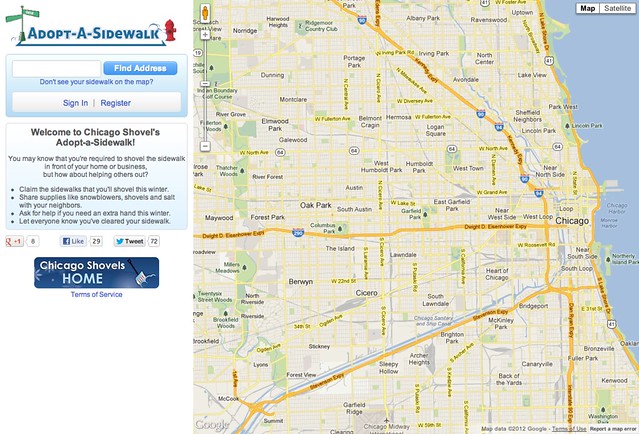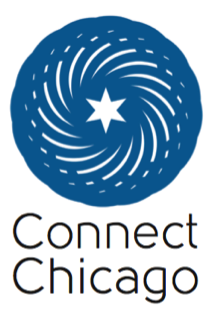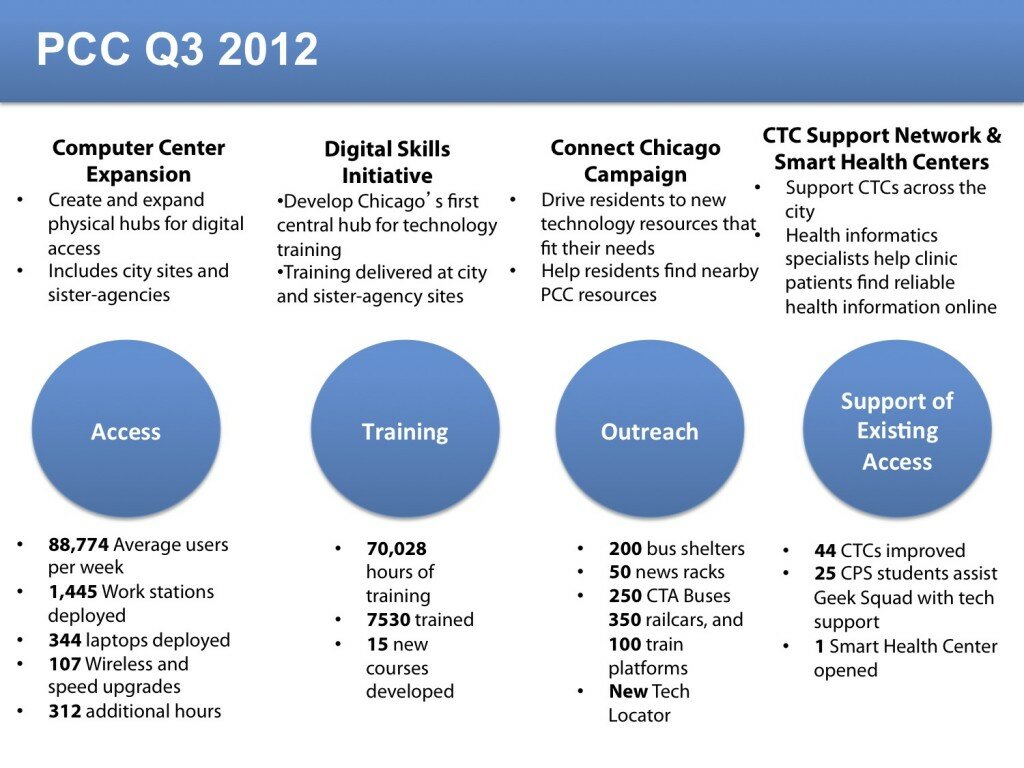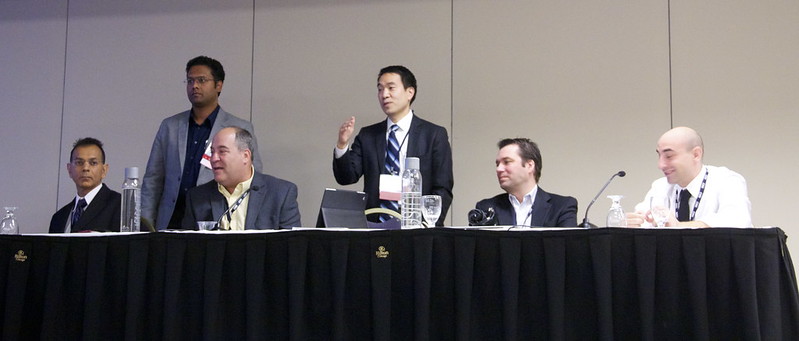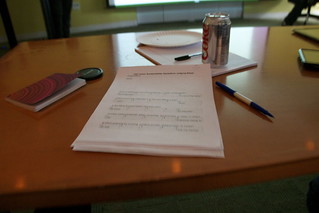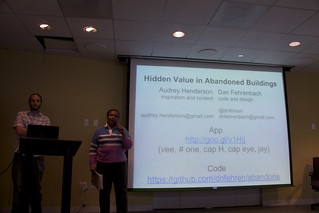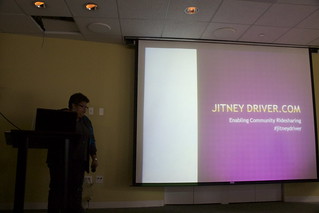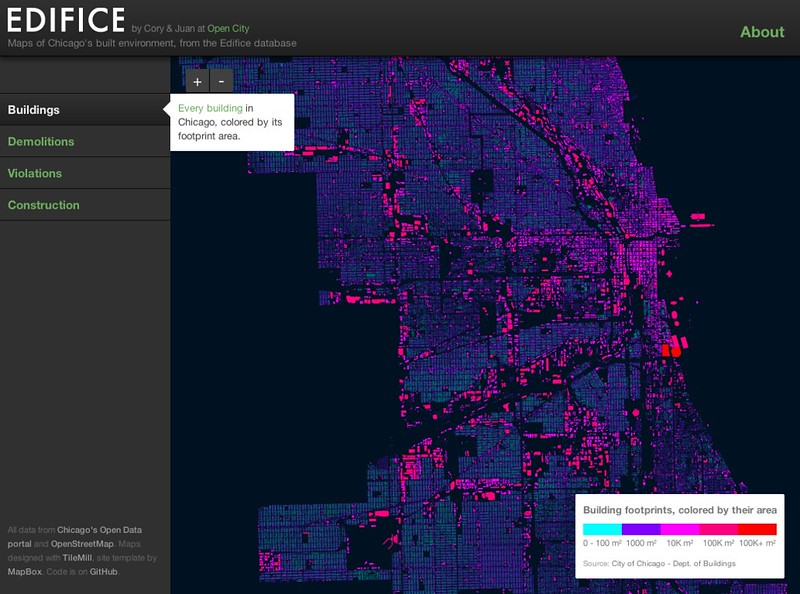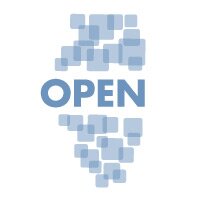The first of four community kickoff meetings for the Illinois Open Technology Challenge is set for next Tuesday, November 27, at Governor’s State University. If you are interested in helping the municipalities of the South Suburban Mayors and Managers Association to use data to make lives better in Southland, you should sign up for the Meetup event here. Here’s the agenda:
6 – 6:15 Introductions
We’ll go around the room, introduce ourselves, and say a brief statement about what you’re interested in achieving. Examples: “I have an idea for a app, and I need to meet a developer”, “I’m an expert at land use and I’m interested in talking with community members”, “I’m a government official and I’m looking to connect with developers”—things like that.
6:15 – 6:30 Kickoff
We’ll hear from ILOpenTech Challenge team about the current state of the contest and review the requirements. We’ll talk about timelines, judging, and so on. Our role is to manage the Challenge and help guide participants as they form teams and brainstorm ideas, so we want to hear from you.
6:30 – 7 Ideas + Matching
This is the time for anyone with an idea to present it to the group in a more complete fashion and make a pitch for people to join them. We will have lots of materials that will help you express yourselves—easels, large postits, markers, etc. You’ll want to talk about what data you’d like to use and what community issues you want to solve. One way to get an early jump on this is to use post to the discussion on the Meetup page: http://www.meetup.com/Illinois-Open-Technology/events/89383552/. We also ask you two questions when signing up for the Meetup—the more thinking you do before the event, the more you will get out of it
— Do you have an idea for an app that you’d like to submit? Let us know!
— Do you have a community issue you’d like to address through data and technology? If so, can you describe?
7 – 8 Team Work
Teams will split off into groups and start planning their work. Since this is just the planning stage, feel free to walk around and hear from lots of people and teams.
8 – 8:30 Reports
We’ll regroup and hear from each of the groups and plan next steps.
This is all about the south suburbs of Chicago. Take a look at the data available at www.data.illinois.gov, www.metrochicagodata.org, and www.ssatlas.org to start thinking of ideas.

